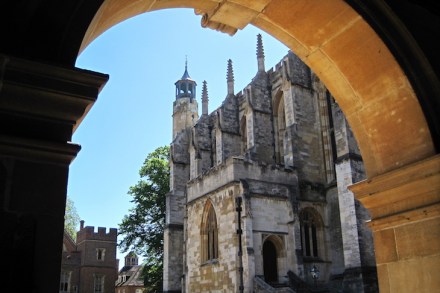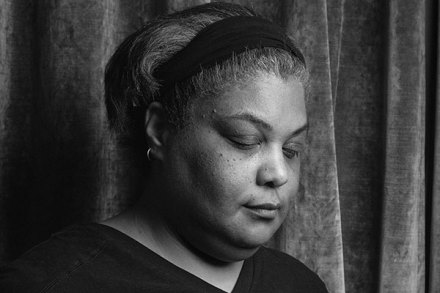… and an awesome beak
The Enigma of Kidson is a quintessentially Etonian book: narcissistic, complacent, a bit silly and ultimately beguiling. It is the story of Michael George MacDonald Kidson (MGMK, as he was known), who taught history at Eton from 1965 to 1994 and was an influential tutor to hundreds of boys, often the wayward and the damaged.





















